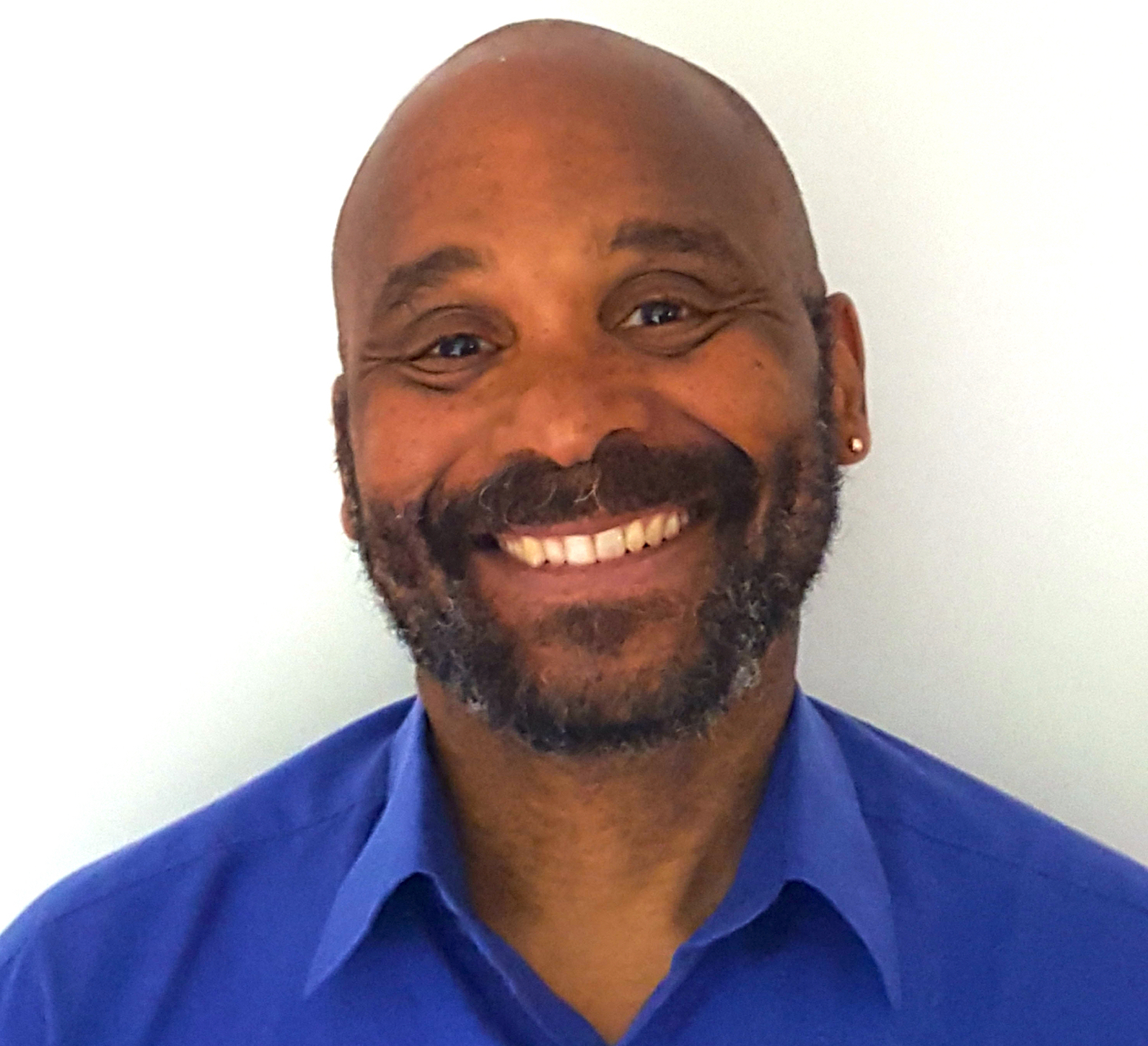
It’s called the Trust Project. And with the world caught in the grip of COVID-19 and the global fallout from George Floyd death, this expanded journalistic initiative couldn’t have come at a better time.
In the days, weeks and months ahead, citizens will need to talk about health, race, power and privilege. These discussions will prompt difficult questions.
How close are researchers to developing a vaccine? What meaningful, measurable steps will be taken to make blacks and other vulnerable groups feel safe in their own communities?
When U.S. President Donald Trump became a pitchman for the anti-malarial drug hydroxychloroquine in the war against COVID-19, he needed to be set straight.
When Trump responded to the Floyd killing, warning "When the looting starts, the shooting starts," he needed to be taken to task for echoing the sentiments of the Miami police chief during a 1967 news conference in the wake of crime and violence in the city's black neighbourhoods. Trump tried his best to walk back his statements, but by then the damage had been done.
Reliable, factual reporting conquered fake news.
And that's where the Trust Project comes in. An international consortium of 200 news organizations building standards of accuracy, inclusion, and fairness, Canada's National Observer is one of eight Canadian media organizations to join the group, which includes members like NPR's Frontline, The Washington Post and BBC.
Trust is key
Why is trust in news so important? Looking back at recent history, there was a time when we took for granted that people implicitly trusted the news. As the Fourth Estate, we were an indispensable cog in the wheel of democracy. Key court decisions have reinforced that position.
But with the advent of fake news that now competes with credible sources, and the continued decline of the number of journalists in Canada — a 21.6 per cent drop between 2015 and 2019, according to an analysis of a custom tabulation Statistics Canada conducted for Canada's National Observer — people need credible news more than ever.
As a concept, people's trust in journalists is still a work in progress.
Take the Edelman Trust Barometer’s recent survey on COVID-19. Respondents said they placed more trust in businesses and government officials to deliver the news, which is perhaps to be expected during a crisis.
However, what’s important to keep in mind is these officials need platforms to spread and amplify their messages more widely. That's where news outlets come in.
Journalists are always taught to take survey results with a grain of salt, but these findings provide valuable information upon which we should build.
In a paper called the Shattered Mirror, the authors tapped into commissioned survey results to reveal hopeful signs. Echoing what respondents told the Edelman Trust Barometer, respondents said they “didn’t want to rely on friends when serious matters are at hand.” Instead, they wanted news from credible sources.
Canada's National Observer has been hard at work over the past year, establishing our record of verified journalism.
In order to fight disinformation and respond to the need for public trust in news, Canada's National Observer began a 15-month vetting process — a prerequisite to becoming part of the Trust Project — in 2018.
Although fact-based, investigative journalism was already part of its DNA, the editorial team and site developers at Canada's National Observer improved the website, giving the public more information about the sourcing of news stories, as well as clear indications when a news story has been corrected or revised with more current information.

Passing the trust test
The Trust Project ensures readers have “details about the journalist, including their expertise and other stories they have worked on.”
This information establishes credibility. So, let me attempt to establish mine.
You’ll find a biographical snapshot on the website. I’ve spent the better part of my adult life reporting, studying and writing about the media. As a reporter and producer with CBC, I began covering city hall, and then moved to the federal civil service, which led me to investigations (two of the most recent stories being the precarious staffing at Canada’s nursing homes — now a matter of serious concern, as our elderly relatives and friends are among the most at risk from COVID-19 — and the marketing of sometimes deadly medical devices, a growing concern as nations discuss the viability of supply chains). In many of these stories, I used data to help gather crucial information.
Not too long after joining the CBC, I became a part-time journalism instructor and trainer. Over the years, I have taught hundreds of students at Algonquin College, Carleton University and University of King’s College in Halifax, and trained many others now working in newsrooms across the country, including Canada's National Observer.

For 16 years, I edited a Canadian Association of Journalists magazine called Media.
And, finally, I have become an advocate for more diversity in newsrooms to reflect the communities we cover, and the need to pay more attention to issues of race.
Along the way, I co-authored three textbooks, two of which I have used to teach courses on data journalism and public records and to lead training sessions. I have co-authored two user guides, on access to information and privacy, respectively, and am a journalism contest judge at the U.S.-based National Institute for Computer-Assisted Reporting and the Canadian Association of Journalists.
And now, I am bringing my experience to Canada's National Observer, a publication I have always admired for its tenacity and commitment to the very principles espoused by the Trust Project.
My colleagues at Canada's National Observer have different career experiences than I do, but we all share the same high level of integrity, professionalism and commitment to trustworthy and verified journalism.
Ethics in news
Another one of the eight core trust indicators is “best practices,” a category that poses crucial questions: What are the news outlet’s standards? Who funds it? What is the outlet’s mission?
In the past, we may have been tempted to believe people would just make positive assumptions about how we go about our business. That’s no longer good enough. People need assurances. And we need to wear our ethics on our sleeves.
According to the Pew Research Center, concerns about disinformation have coincided with the polarization and fragmentation of the media.
Increased trust is a promising antidote to the corrosion and ill-effects of this. Journalists at media outlets like Canada's National Observer will double-down on their efforts to deliver the most credible and up-to-date information during a pandemic that raises uncomfortable questions about the quality of our health care, and during the continued fallout from the George Floyd death that reminds of the conversations we must continue to have about racism.
But we must also be more than just vessels for the flow of information. In the coming days, weeks and months, when reaction takes a back seat to a growing number of pro-active measures and politicians double down on promises to combat racism, it will be important to probe more deeply to determine if the right steps are being taken, if there are still too many people falling between the cracks, what lessons institutions have learned and how prepared are we for other catastrophes — climate change, to name one — in an increasingly interconnected world.
I’ve been involved in this noble profession from many angles. I continue to see challenges up close. I’ve seen governments make promises they can’t keep. I have witnessed how much of a strain job losses have had on local and national coverage of key issues. I have toiled in overworked newsrooms struggling to do more with less without complaining. I have seen managers fail in their attempts to create more diverse newsrooms.
But here’s a bit of good news. Journalists will continue to overcome obstacles to deliver the stories you need. Journalism schools are working hard to find new ways to adapt their graduates to thrive in a changing landscape. In the United States, startups and non-profits are collaborating with legacy media outlets to produce groundbreaking journalism. Collaboration has also taken hold in Canada, where digital platforms like Canada's National Observer are making their mark with its recent Canadian Association of Journalism data-journalism award for it's part in the Tainted Water investigation with media outlets like the Toronto Star and the Institute for Investigative Journalism. Journalists of colour in Canada and the United States are banding together to demand more diversity.
I am proud to be part of a team of journalists at Canada's National Observer with impeccable credentials and commitment to journalism that you can trust.
So, using my background and experience, I can say with confidence that an expanded Trust Project couldn’t have come at a better time. Disinformation is flooding our social media news feeds, filling the void created by the continued disappearance of journalists and traditional media outlets such as newspapers. In these divisive and polarizing times, facts will matter as never before.
Facts provide oxygen for meaningful discussions.
